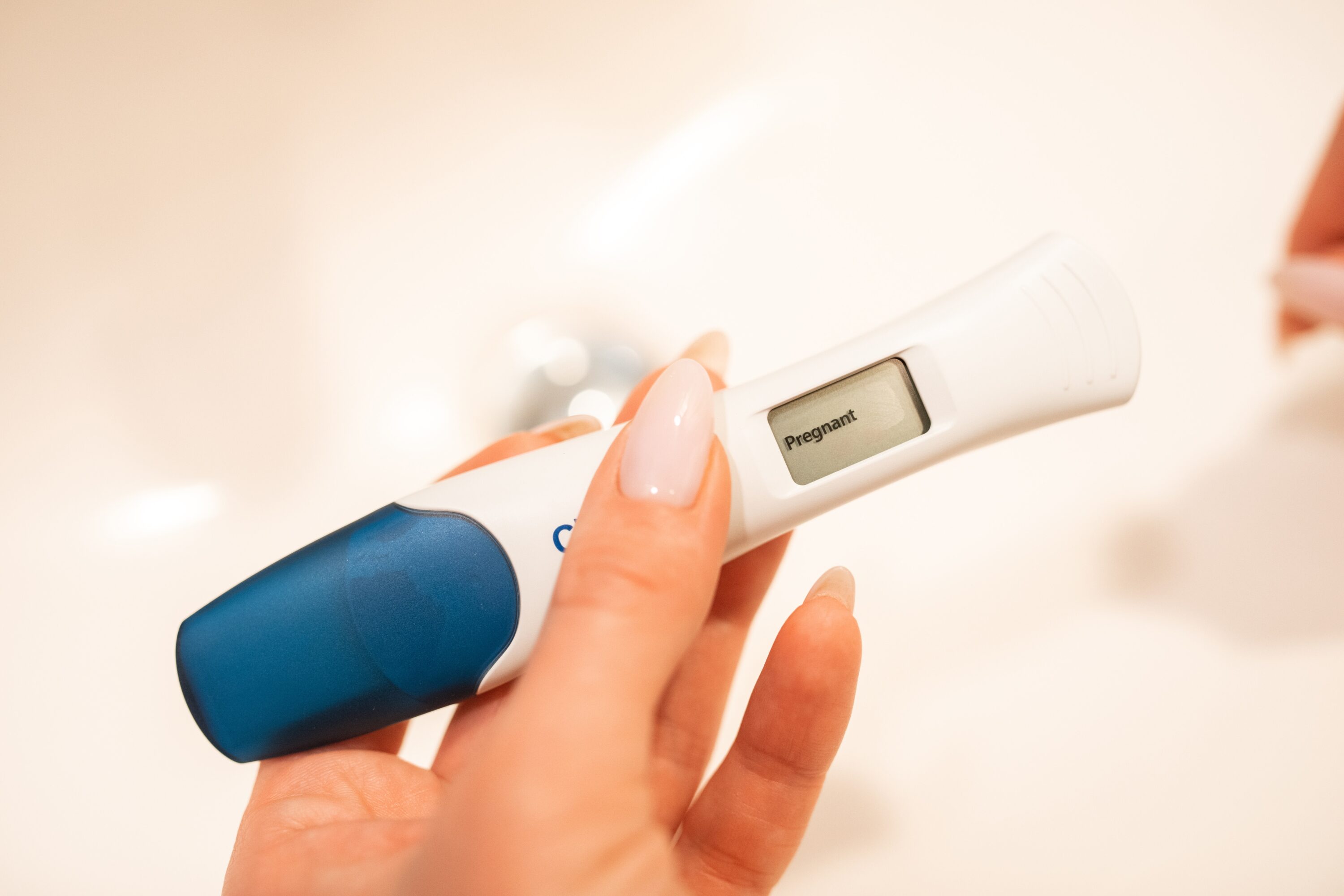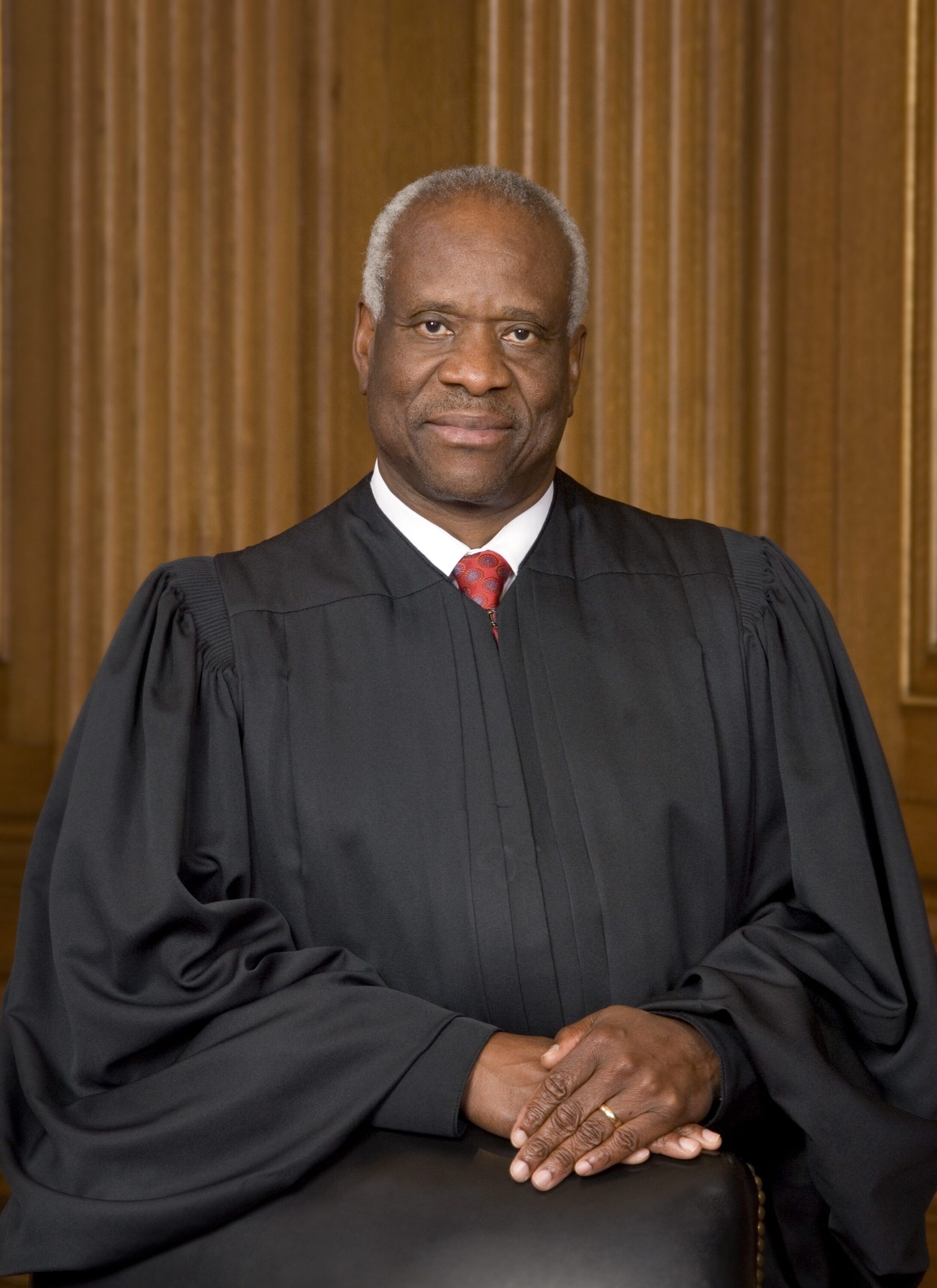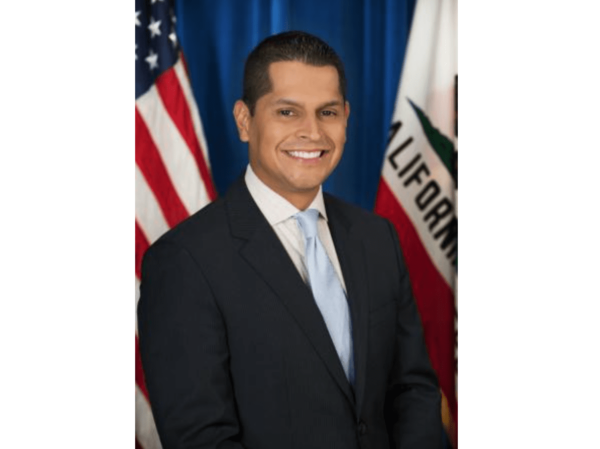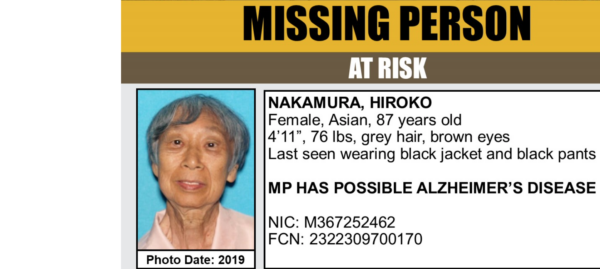By Ziva Branstetter
This story was originally published by ProPublica. ProPublica is a Pulitzer Prize-winning investigative newsroom. Sign up for The Big Story newsletter to receive stories like this one in your inbox.
Series: Post-Roe America
Abortion Access Divides the Nation
Nine months after the Supreme Court overturned Roe v. Wade, ending nearly 50 years of federal protection of abortion rights, the impact of the landmark ruling known as Dobbs v. Jackson Women’s Health Organization continues to ripple across the nation.
In Dobbs, the Supreme Court voted 6-3 that the U.S. Constitution does not confer a right to abortion.
The ruling essentially divided the nation into two territories: states where people have access to abortion care and states where most or all people are unable to obtain an abortion, even if their lives are at risk. An estimated 23 million Americans live in states that tightly restrict access to abortion. A few states, such as Tennessee, outlaw the procedure with no exceptions, forcing doctors to choose between risking their freedom and saving a pregnant patient’s life.
Since the Dobbs ruling on June 24, ProPublica has chronicled the nationwide fallout. Our stories have explored new concerns about data privacy, battle lines between blue and red states and the increasing popularity of civil lawsuits that seek to punish people for obtaining abortions.
A recent investigation by reporter Kavitha Surana explored the complicated story of a Tennessee woman who faced a life-threatening pregnancy after doctors decided they couldn’t risk prosecution to provide an abortion. ProPublica has also explored the harm created by parental involvement laws, on the books in many states long before the Dobbs ruling.
In a series of live events, ProPublica has also interviewed the nation’s top legal and medical experts about what they are seeing on the ground following the Dobbs ruling and what they expect going forward.
Last week, ProPublica talked to two leading experts on how the battle over abortion is impacting people in the most restrictive states and how legal challenges are likely to play out across the country. More than 1,400 people signed up to hear our live discussion with law professor Mary Ziegler and Tennessee OB-GYN Dr. Nikki Zite.
Ziegler is the Martin Luther King Jr. professor of law at the University of California, Davis School of Law. She is one of the world’s leading historians of the U.S. abortion debate and the author of six books on the law, history and politics of reproduction in the United States. Zite lives in Tennessee and is professor and vice chair of education and advocacy in the department of OB-GYN at the University of Tennessee Graduate School of Medicine.
Ziegler and Zite presented their personal perspectives on this issue during our discussion, and their thoughts do not reflect the positions of their institutions. This interview was edited for length and clarity.
Wyoming recently became the latest state to outlaw medication abortion. How do you see the criminal legal landscape playing out?
Ziegler: We’ve seen a rising trend within the anti-abortion movement of people who identify themselves as abolitionists. And they essentially argue that if the movement is serious that a fetus or an unborn child is a rights-holding person, then it would be logical to punish women too. The most recent manifestation that people may have heard about was in South Carolina. There were over 20 lawmakers sponsoring a bill that would treat abortion as murder and potentially subject women to the death penalty for having abortions. So far, the mainstream consensus within the anti-abortion movement that punishing women is a bad idea politically and morally is holding up, but it’s fragile.
We have the wrongful death lawsuit in Texas, in which a man is suing three women for allegedly helping his now-ex-wife obtain an abortion. Nikki, could you tell us about your experience in Tennessee?
Zite: The way our law is written, ending any pregnancy is illegal. Immediately, several of our outpatient abortion clinics closed. That not only had the effect of making abortion more challenging to access for people who needed that care, but it also made it harder for those of us who teach abortion to the next generation of OB-GYNs. Then we had all the unintended consequences: the cases like ectopic pregnancy, the cases of inevitable but not complete miscarriage, the cases of that ambiguous “How close to death does she need to be for it to meet the standards of protecting or saving her life?” It became this complicated legal situation where physicians not only felt like they had to make medical decisions, they then had to run it by hospital legal or a criminal attorney. We’ve lost a lot of physicians, and we don’t know whether or not medical students will want to train in states where they’re going to have restrictions on the type of care that they can learn.
I guess you’d call it a brain drain of doctors in this field who are leaving states like Wyoming?
Zite: There’s only a couple of OB-GYNs in some of those states. So if they leave, you really have these OB deserts.
Mary, you’ve mentioned fetal personhood laws. Does establishing fetal personhood make a pregnant person who has an abortion a murderer under the law?
Ziegler: There are proposals emerging on the right that we need to make birth free [of charge]. Georgia has its anti-abortion law requiring certain forms of child support during pregnancy. Then on the other hand, you have people saying if equal treatment is really the name of the game, then that requires murder prosecutions for people who have abortions.
So far it’s mostly been emerging in state legislators up to a point. We’ve seen it in the wrongful death lawsuit you mentioned. One question you might have is: Why bother with a wrongful death lawsuit? They wanted to say that if you provide someone else with abortion pills, you’re an accomplice to murder or you are a murderer, and that’s a personhood argument. We’re going to see it crop up more, and eventually the end game is a case brought to the U.S. Supreme Court. Whether they lead to prosecutions of women or just to nationwide abortion bans remains to be seen.
Nikki, you’ve been part of working on a bill to modify Tennessee’s law to create clear exceptions for maternal health care. Can you tell us about that effort and where it stands now?
Zite: Not in a good place. We were sticking with the things we could all agree on. The amendment passed 8 to 2 out of committee. Immediately, the right-to-life got all their members to call legislators and started threatening the legislators with losing their “ranking.” Unfortunately, we now have a very watered-down amendment. I don’t think that physicians are going to feel that it gives them much more leeway to provide lifesaving care without being criminalized.
What are the problems with policymakers trying to determine what constitutes a medical emergency?
Zite: The idea that it has to be a medical emergency is the first problem. We should be able to prevent an emergency, not just treat an emergency. The overwhelming evidence for most of these cases is that it doesn’t improve the outcome for the pregnancy to wait. That’s why laws for abortion have been liberalized in places like Poland, South and Central America and Ireland. Women died because they were made to stay pregnant until there was no longer a heartbeat and they got infected or bled. We don’t want to go back to that in the United States. Legislators don’t seem to understand that’s the inevitable outcome of what they’re forcing us to do.
I have had a question about that as a journalist. How are we going to know whether more people are dying or suffering measurable harm in states that have banned abortion?
Zite: And how long is it going to take us to get that data? When we look at the state and maternal mortality reports, they’re not always that accurate, and these reviews usually were two or three years behind.
Mary, you recently wrote that the court does not get the final word even on the meaning of its own important decisions. Can you talk about that?
Ziegler: I think what we saw with Roe, the judges pretty clearly thought that they were settling this and that Roe was going to mean abortion was a thing between a doctor and a woman. I think the court in Dobbs is trying to say the same thing: that history and tradition, in the court’s view, would not have recognized the right to abortion in the 19th century, and that’s the end of it. We’re already seeing Dobbs emerging as a symbol of things the Supreme Court didn’t want it to be. We’ve seen a lot of poll data documenting a really precipitous decline in trust of the Supreme Court and Dobbs being the most visible symbol of that decline. I think the court often holds itself out as having the last word on these constitutional struggles when it can’t.
One of our readers asks: What can people who live in states that still protect abortion rights do to safeguard maternal health for themselves and others in states that ban abortion?
Zite: I’m feeling pretty discouraged, frankly. I think it’s going to take ballot initiatives. We don’t have that option in Tennessee, but there are other states that do. Normally you say state elections are important, but when they’ve been gerrymandered so much, I don’t see things getting better in Tennessee for decades. I’m focusing at a federal level.
Ziegler: Based on what’s going on now in the federal courts, if you’re living in a state where abortion is legal, you should not take for granted that that will remain the case. The mifepristone case we’d been talking about in Texas could, depending on how the FDA responds, make it impossible for people in a state like California to have a medication abortion. We’ve seen some voices emerging essentially saying, “Look, even if you define yourself as pro-life, do you really want to spend a lot of taxpayer money enforcing criminal abortion laws?”
There’s a notion that medical exceptions to abortion bans give people appropriate access to the medical care they need. Nikki, can you talk about that a little bit?
Zite: I think that a lot of people think, well, if we add an exception, that’s going to get access for some. But access for some is not actually helping the majority. The type of care I provide in a hospital setting is less than 1% of abortion care. Without abortion care, we’re going to see maternal mortality go up. We’re going to see people stay in abusive relationships.
Dr. Zite, how are medical schools deciding what procedures are taught, and what is their legal standing?
Zite: Currently about half of the residency training programs are in banned states. It is a requirement to graduate from a residency and become a board-certified OB-GYN to be able to perform abortion care. We’ve been struggling in Tennessee to figure out how we’re going to get that training for our residents. Will it actually make it harder to become board-certified?
So you have some doctors leaving these states, training that is difficult to access and people who will be coming to emergency rooms needing abortion care in an emergency?
Zite: That’s the situation that I think is very poorly understood. I had a resident when I first got to the University of Tennessee that had opted out of all abortion training before I arrived. About three months before she finished training, we were called down to the trauma bay and a young woman who was about 16 weeks pregnant had been in a very bad car accident. There was still a fetal heartbeat. We did the case together, and afterward the resident had this moment of realizing “I’m going to be on my own in three months.” What happens if this patient comes into my ER? I am the person who should be able to save her life. We need to be able to train doctors to do these procedures.
ProPublica is a Pulitzer Prize-winning investigative newsroom. Sign up for The Big Story newsletter to receive stories like this one in your inbox. Republished with Creative Commons License (CC BY-NC-ND 3.0).







